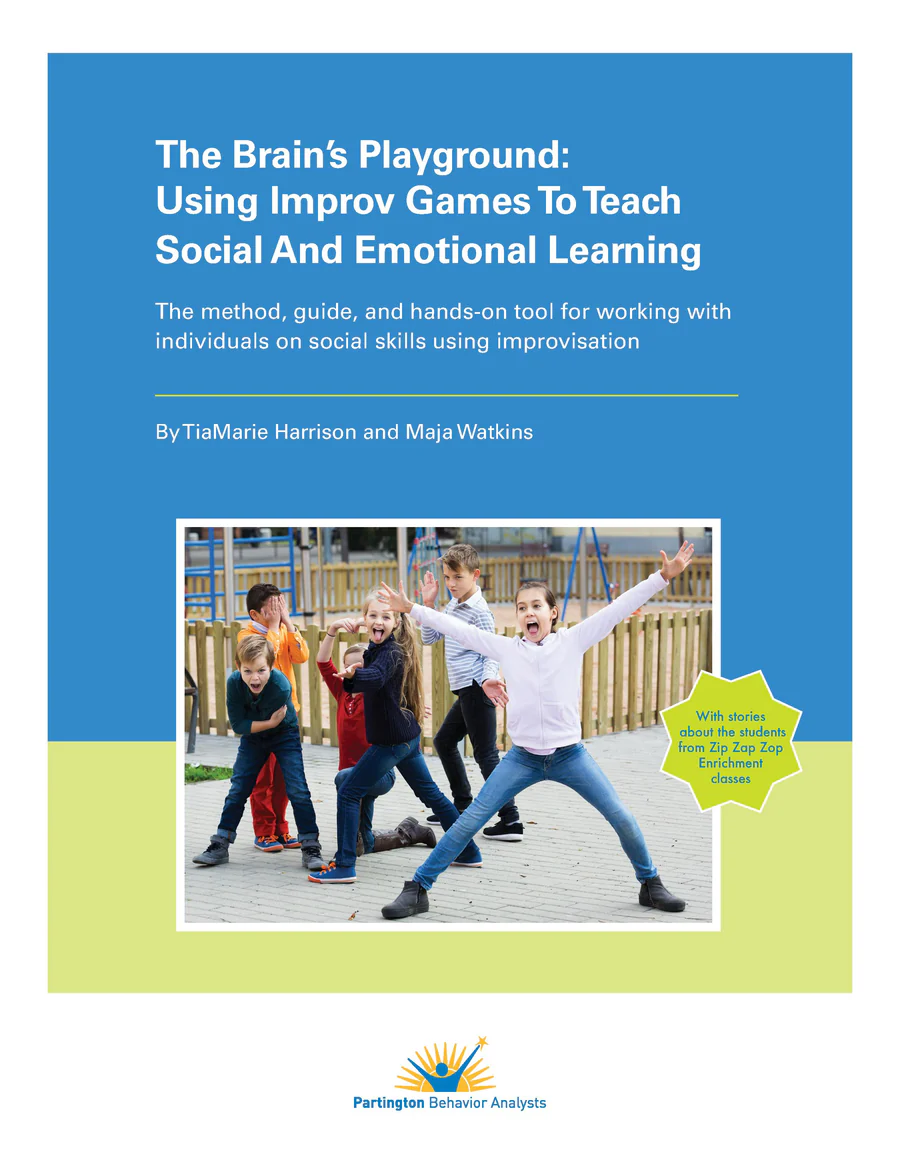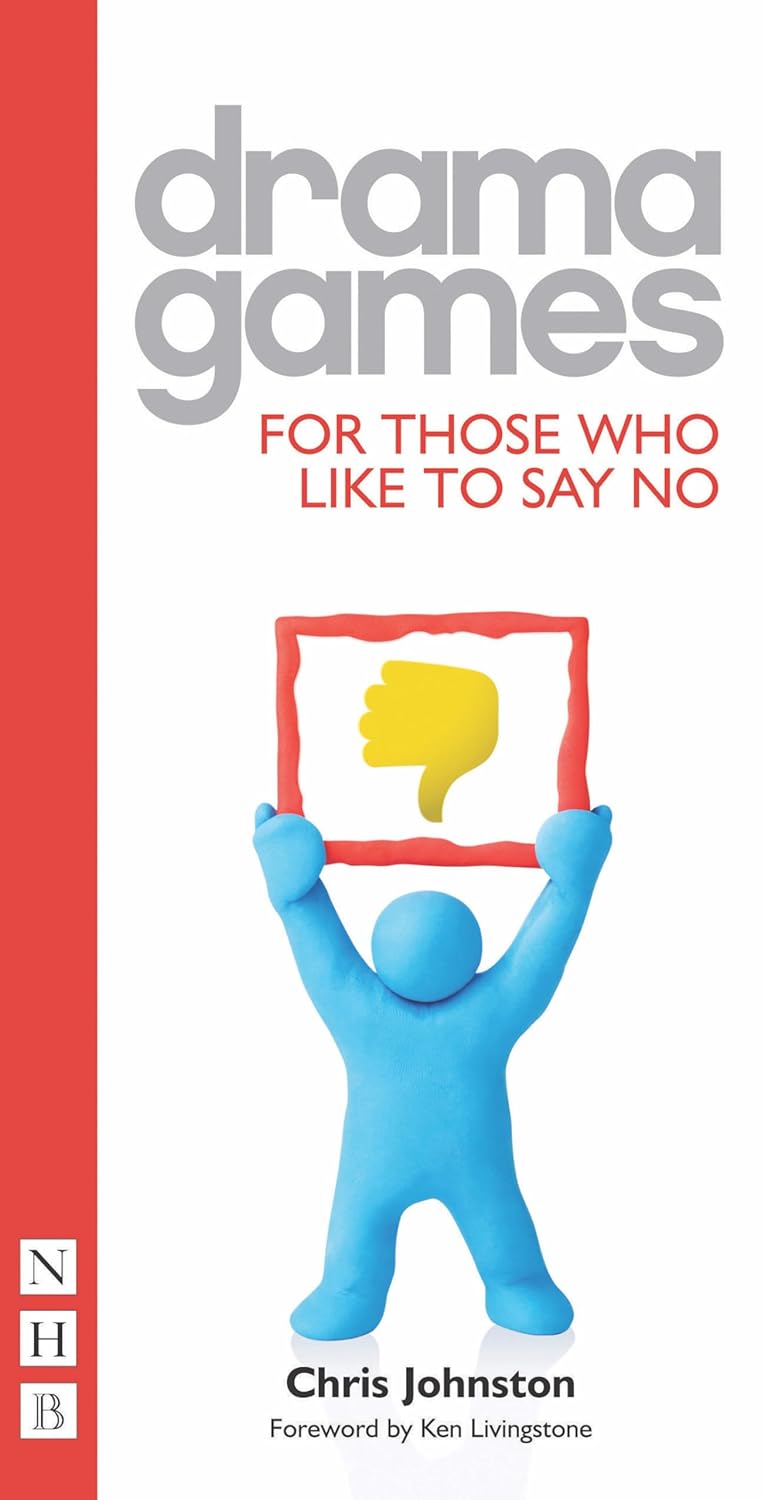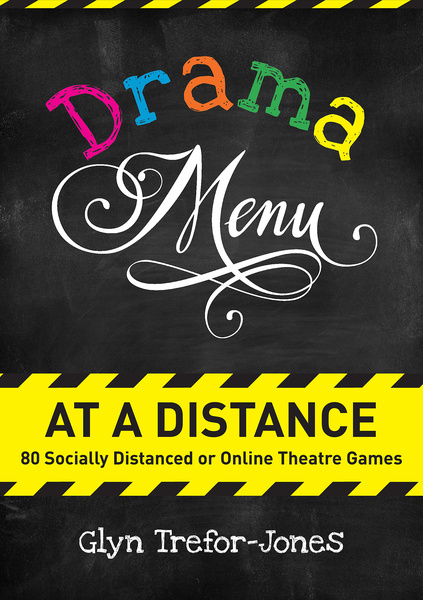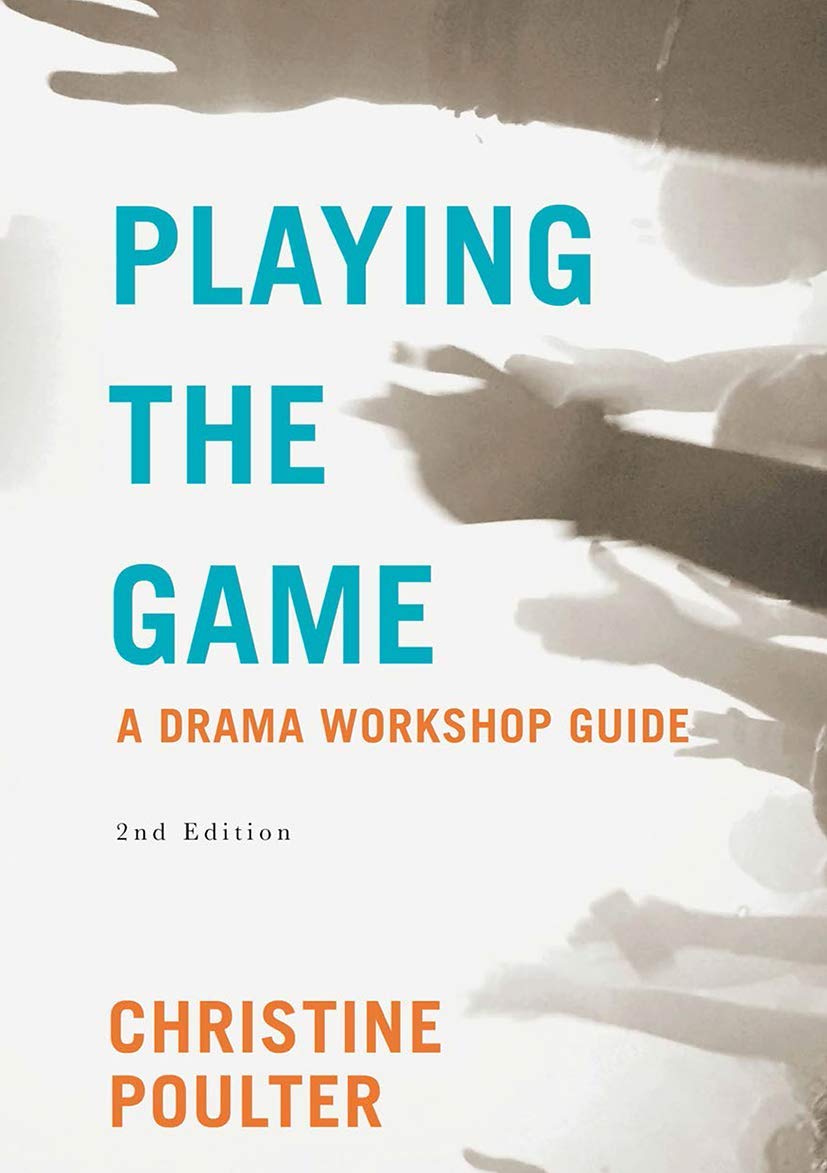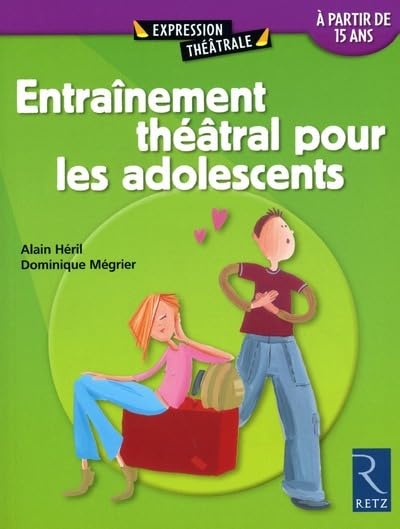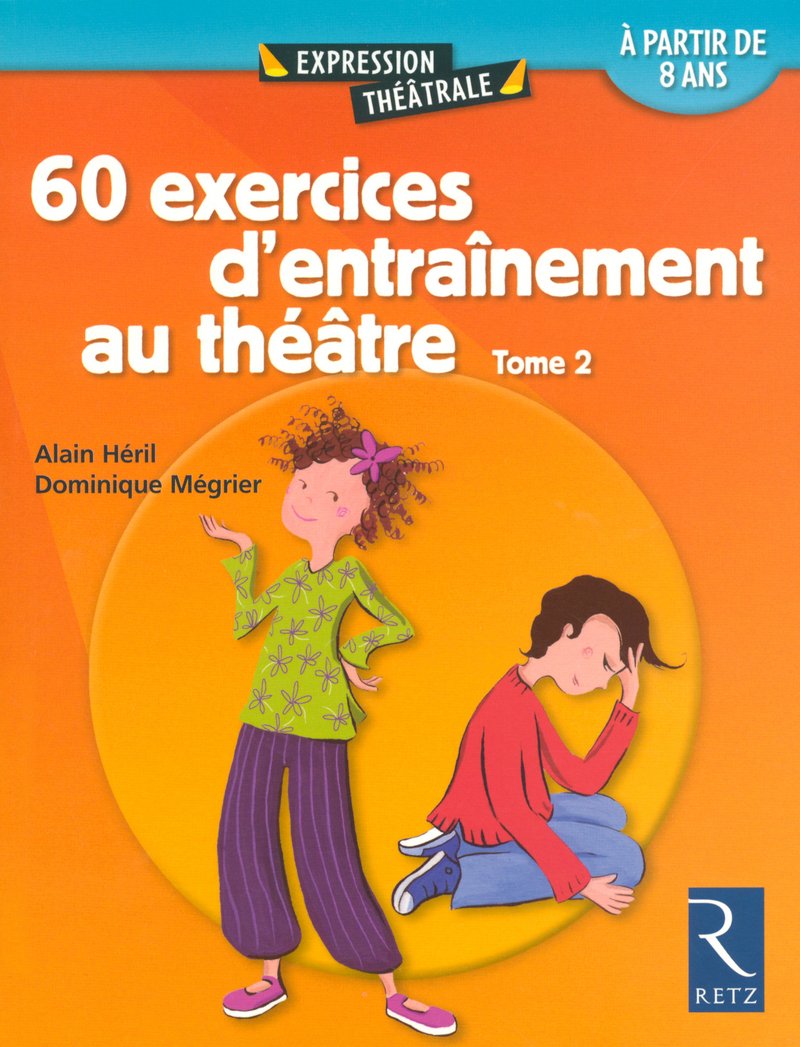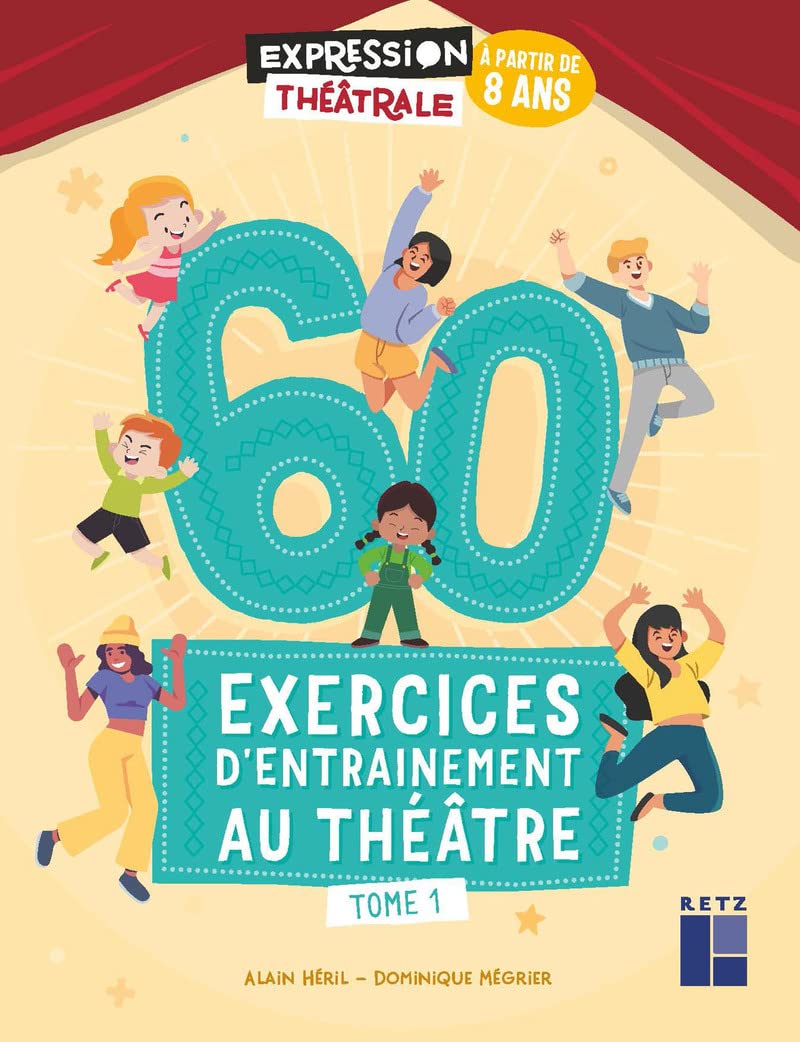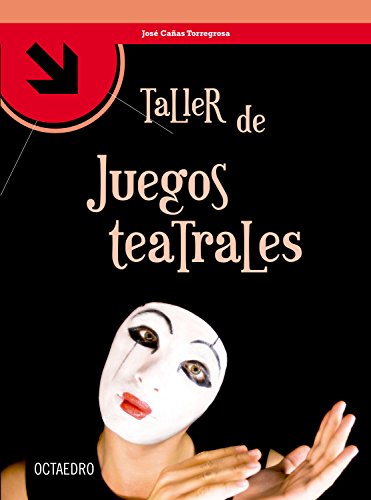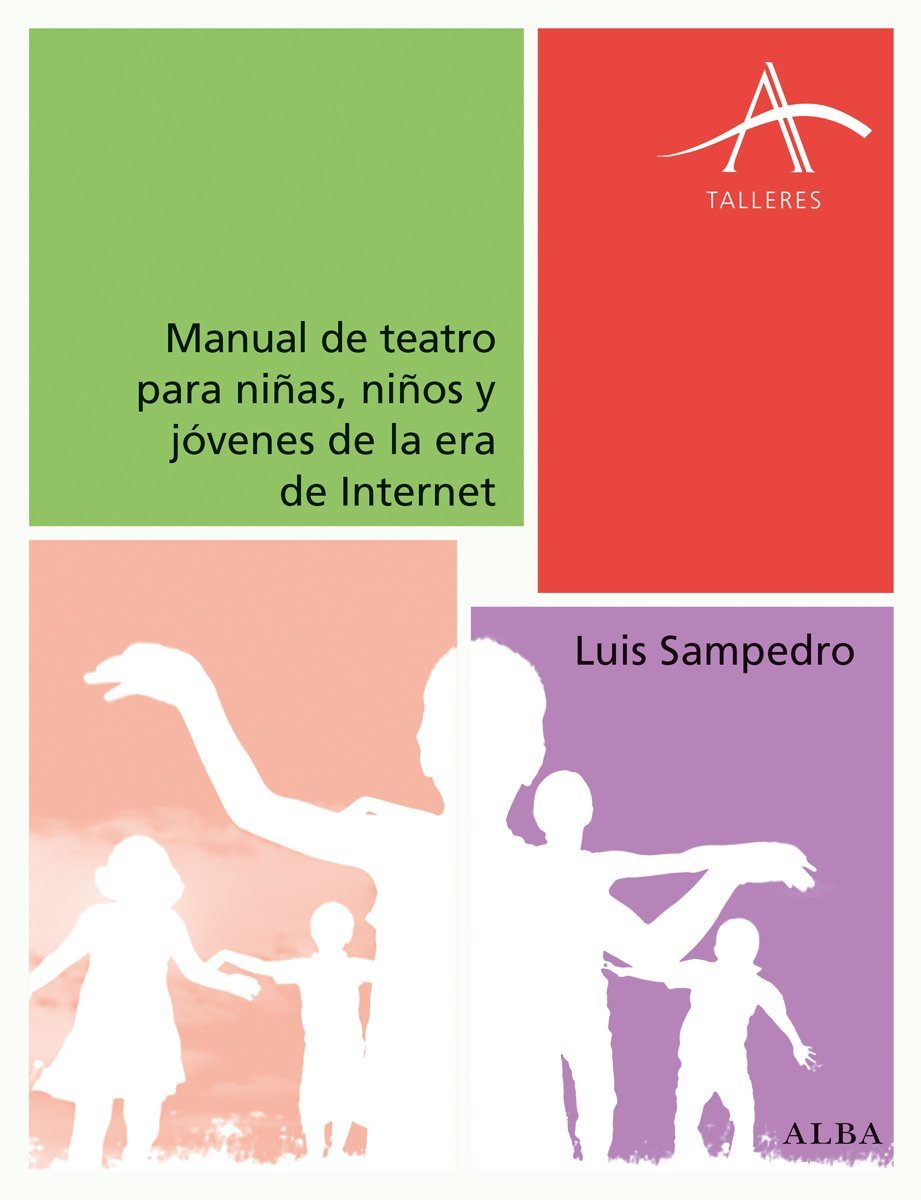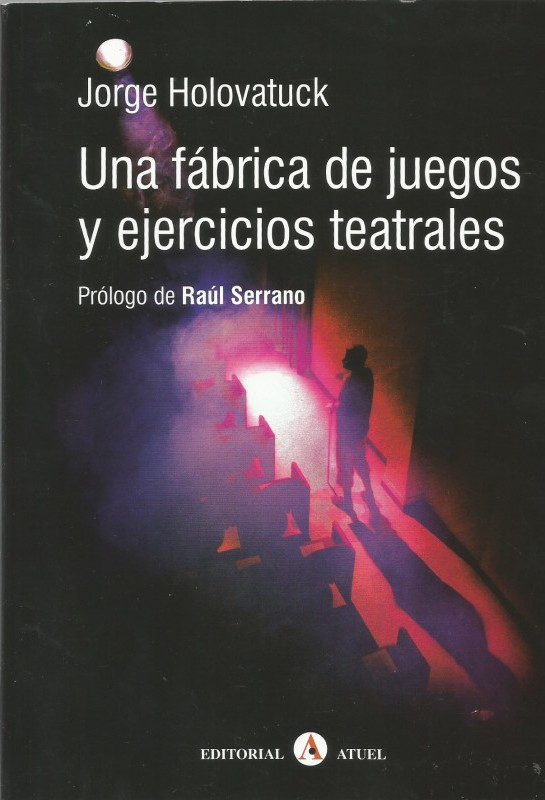The Brain’s Playground: Using Improv Games To Teach Social And Emotional Learning The Brain’s Playground: Using Improv Games to Teach Social and Emotional Learning is a textbook that supports individuals with Social and Emotional Learning using improv games. Social and Emotional Learning ( www.casel.org ) includes five areas: social awareness, relationship skills, self-management, responsible decision-making and self-awareness. Improv games are used to create teachable moments when working with individuals of all abilities. Improv games help individuals to learn and connect while having fun in inclusive settings. The Brain’s Playground: Using Improv Games to Teach Social and Emotional Learning promotes connection through enjoyable activities that build relationships, improves social skills and increases verbal and nonverbal communication. The Brain’s Playground: Using Improv Games to Teach Social and Emotional Learning is a tool to be used by providers in the field of education, special education, psychology and more. Improv is used not only in theater, but in life.
Theatrical games
Theatrical games are a playful practice stimulating imagination and collaboration among actors.
Encourages reluctant participants to engage, collaborate, and develop not just skills for drama but skills for life. Following the ninety games and exercises aimed at developing core skills, the book offers scenarios for a series of improvisational challenges that test participants’ abilities in mediation, communication, negotiation, assertiveness, and managing emotions.
Drama Menu at a Distance: 80 Socially Distanced or Online Theatre Games ‘For however long we must keep our distance, we will continue to create, to reinvent, to strive and to feed our creativity. At a time where performers are needed more than ever, training the next generation of performers must go on!’ Glyn Trefor-Jones, from his IntroductionDrama Menu is the revolutionary, hugely popular concept that has transformed the planning and delivery of drama classes for teachers and workshop leaders around the world. Choose an Appetiser or two, a Starter, a Main Course and a Dessert – and voilà! –…
This practical guide presents a wide array of games and exercises designed to develop the players observation, imagination, presentation and self-confidence. This long-awaited new edition has been fully revised and extended, now including example workshops and an index of games to help instructors get the most out of the exercises in rehearsals, workshops and classes. Christine Poulter shares what she has learned from her students over the years, and opens up the language of the book to the worlds of youth work, healthcare, the prison service, ‘customer care’, management training, and secondary school education. This is an essential resource for directors, drama teachers, and students of Drama, Theatre and Performance at all levels. It will also be useful to anyone looking to improve their presentation skills.
The objective is to give everyone practical tools to set up theatrical awareness. Working approach: give a central place to the body; learn to manage space: others’ space, one’s own; discover the notion of contact and everything that is experienced even before approaching the text within the group. Breathing, relaxation, letting go, improvisation and imagination are the strong points of these 50 exercises. To guide their choice, the user will find pictograms next to each exercise, indicating their specificity and the number of participants. Finally, details are provided on the progress of a session and the schedule for a typical week.
This book, which is the continuation of 60 theatrical training exercises, proposes a preparatory work , as a workshop, for the representation of a play. With the help of a series of commented exercises, which leave a large part to improvisation, training is proposed for collective listening, concentration, relaxation and dynamization of the body, as well as work on breathing, muscles and the joints.
A complete, key work, which will help children enter into your theatrical practice more easily. Teachers, educators and even facilitators will find in this collection 60 theater training exercises for young actors aged 8 and over. These fun and varied little activities will allow you to address different essential aspects of acting, such as reflection and work on the body, space, breathing and voice, listening and rhythm, relaxation. The children will learn, over the course of the sessions, to overcome their shyness, to control their gestures, their voice and to change their state. This book also offers advice on how to organize a session and training for a show or workshop depending on the time available: three days, a week, a school year. Its aim is to help teachers and participants find all the satisfaction promised by this wonderful source of motivation that is theater.
What if we play theater? What if we all have fun together, students and teachers, while learning fundamental dramatic techniques? Here is a guide to the auxiliary techniques of numerous expression games to practice dramatization. On our horizon, the fact that perhaps the group will then be encouraged to create its own play and perform it, or that it will be the student who wants to be the author of his or her own play and perform it as a whole. class… And beyond, to the limit: the joy and satisfaction of playing with theater.
This is a manual for children and young people of this century to learn how to do theater. A book aimed at educators and parents who want to offer their students and children one of the best tools known to expand their personal horizon. From the age of four to 17, theatrical exercises take place here in a simple and fun way with which children and young people will master body language. This manual shows us that guaranteeing theatrical experiences in the teaching of children and young people is an urgent task in which we must all be part.
In this volume, Atuel publishes a new contribution by Jorge Holovatuck to the amazing problem of the formation and training of the actor. A factory of theatrical games and exercises crowns Holovatuck’s extensive career in the practice and research of theater pedagogy. Under the epigraph of Jean Paul Sartre, “We must expand the field of the possible”, Holovatuck expands in this book the knowledge and strategies that he developed in the Manual of theatrical games and exercises. Each unit of A factory of theatrical games and exercises carries out provocative theoretical-practical approaches and includes a stimulating proposal of “Activities” that can be applied in the workshop or theater school. It is a book designed for the action of the reader, to whom Holovatuck leaves the last word. Raúl Serrano, Hollovatuck’s teacher, writes in the prologue: “The author aims to imbue the technique itself with creativity without the terms being antagonistic. The idea of the artist pedagogue is presented in a very different way from that in which it is normally understood. “It is not about the artist who necessarily becomes a pedagogue, but rather the pedagogue who raises his aim and converts his classes into true creative events.” The material…
